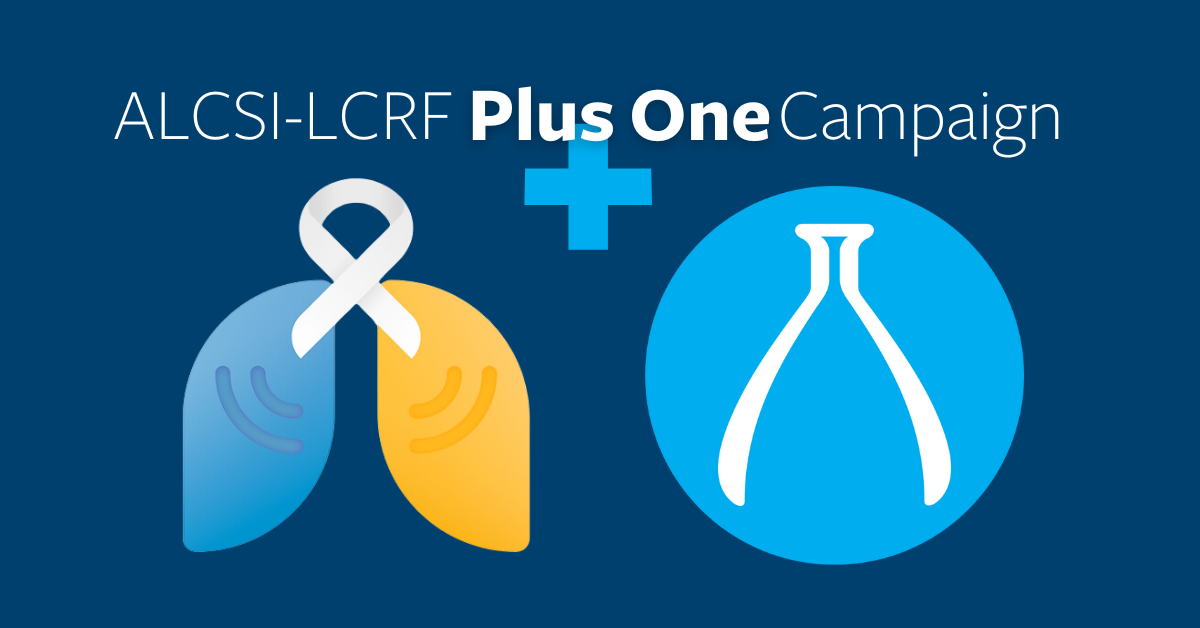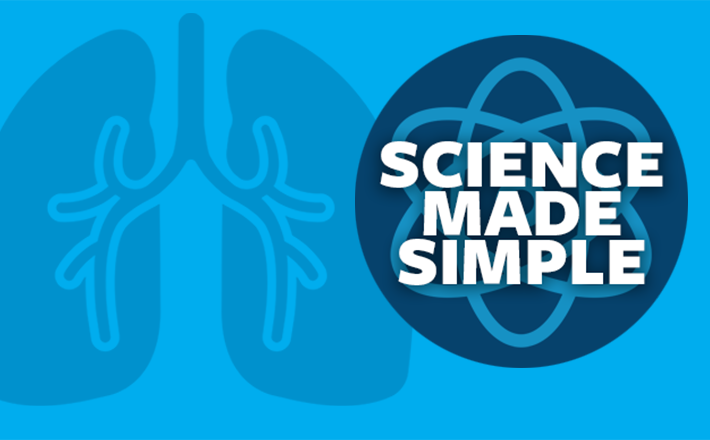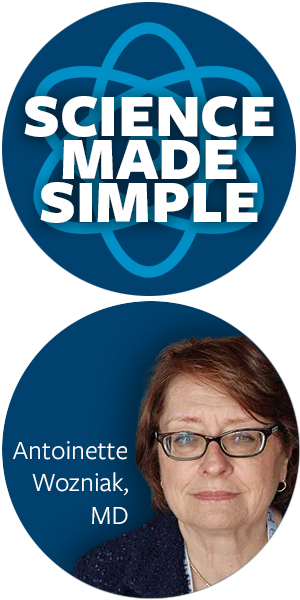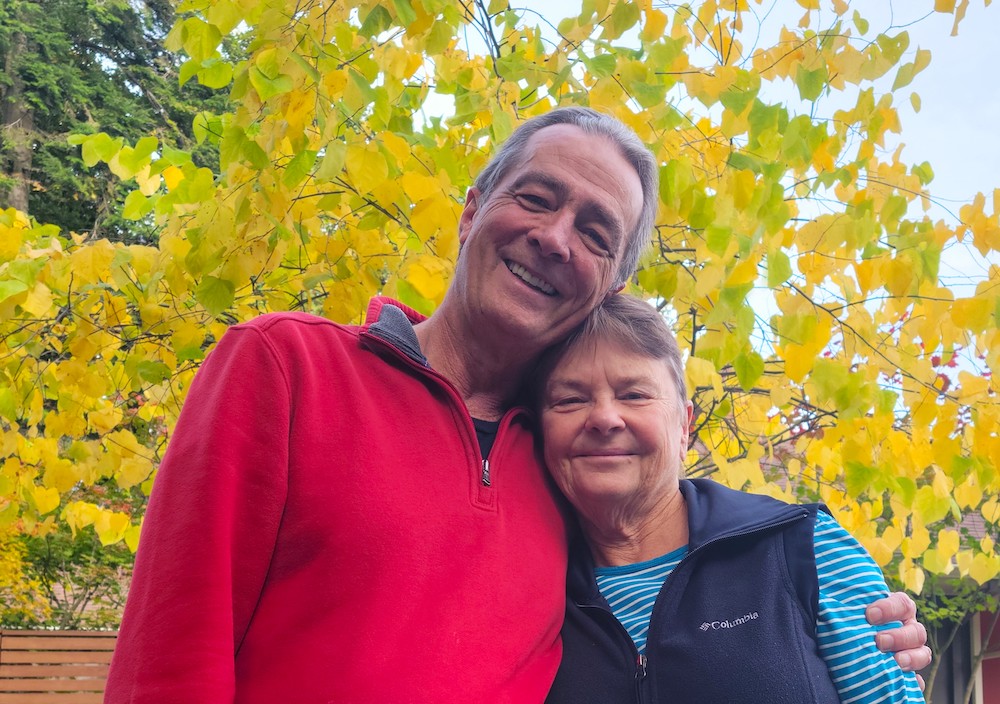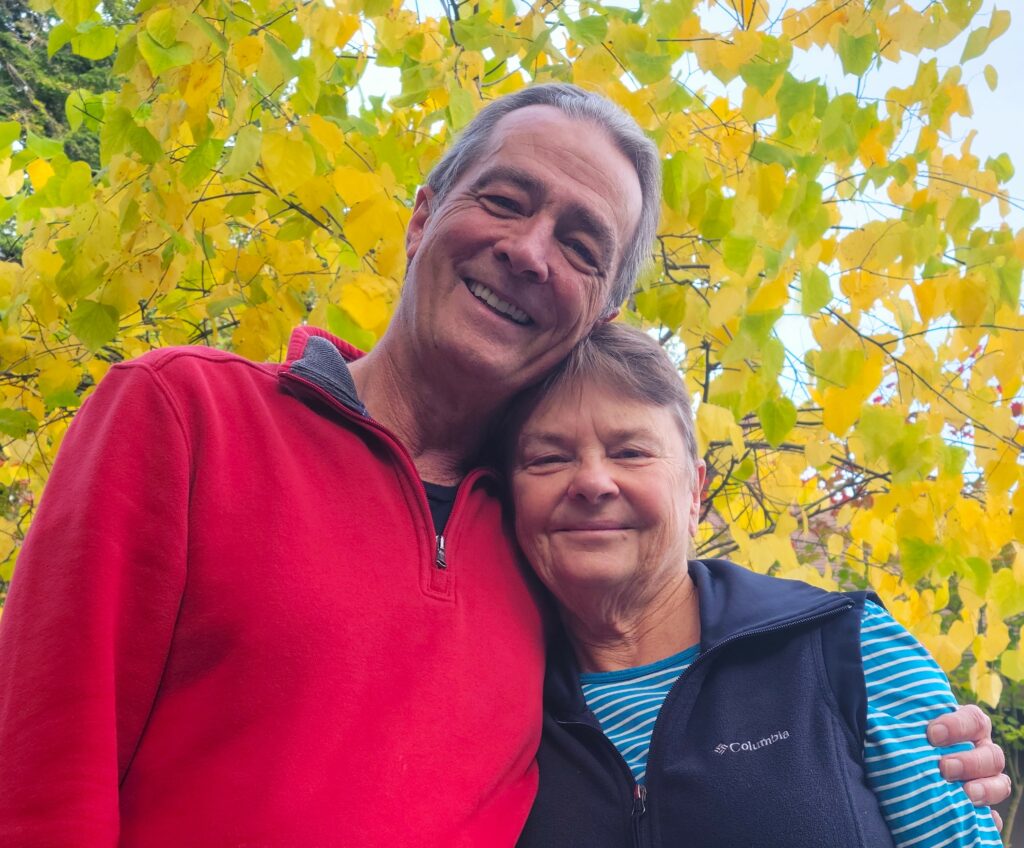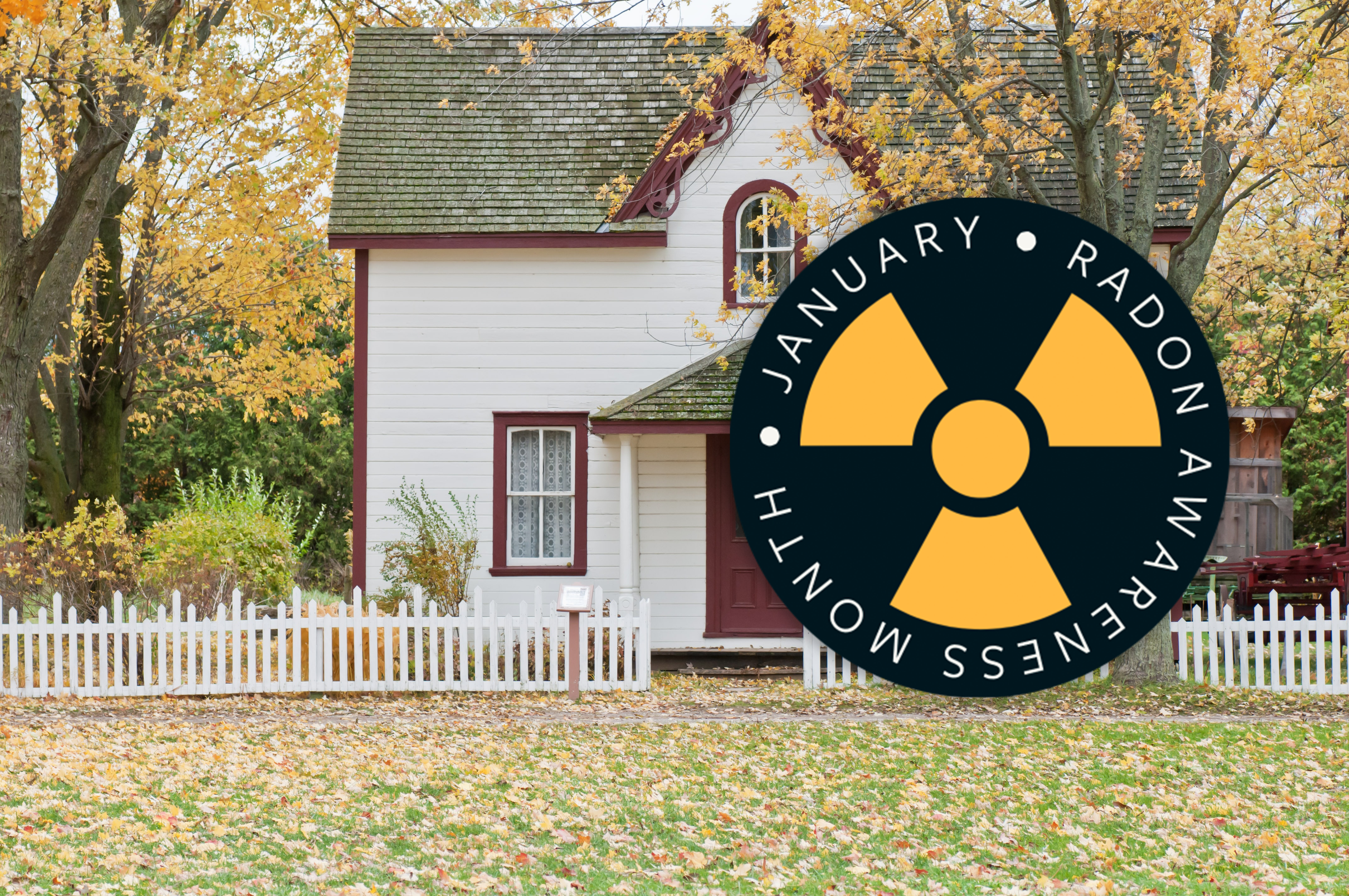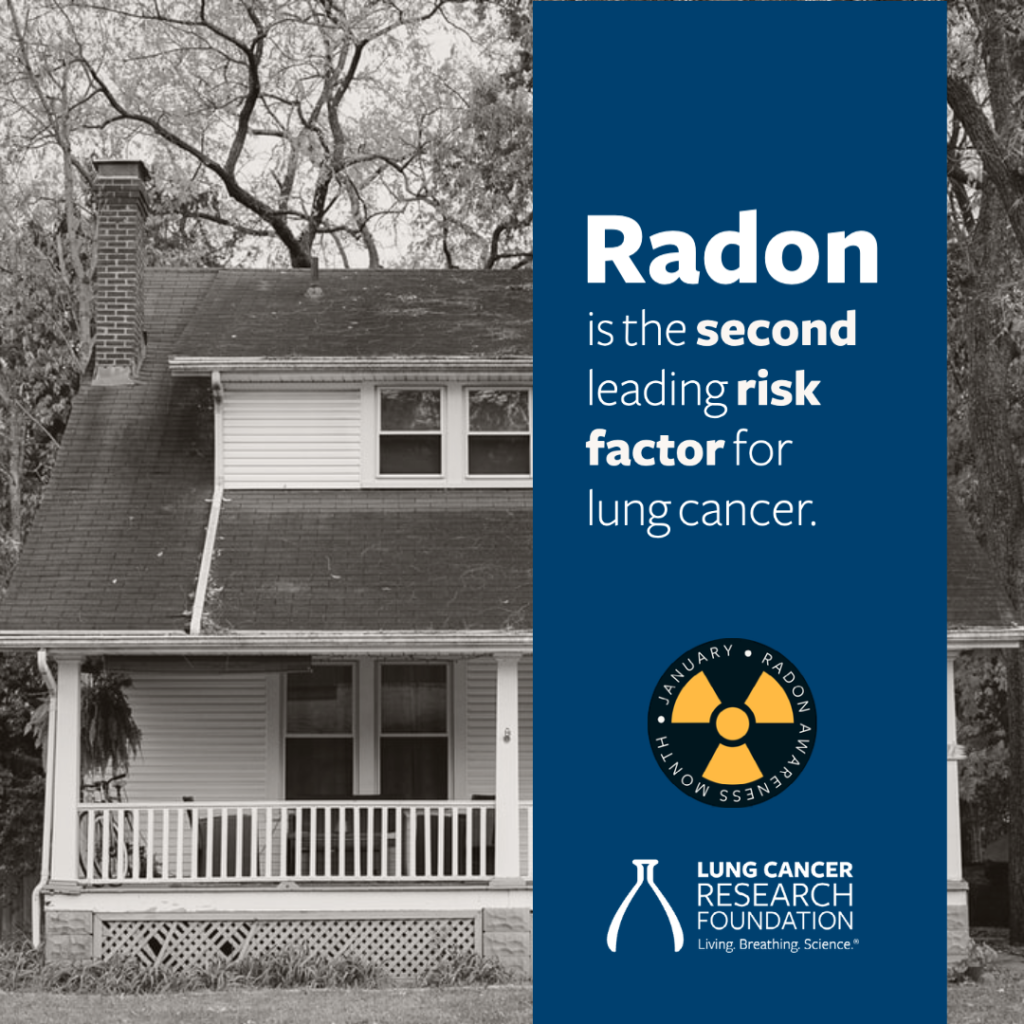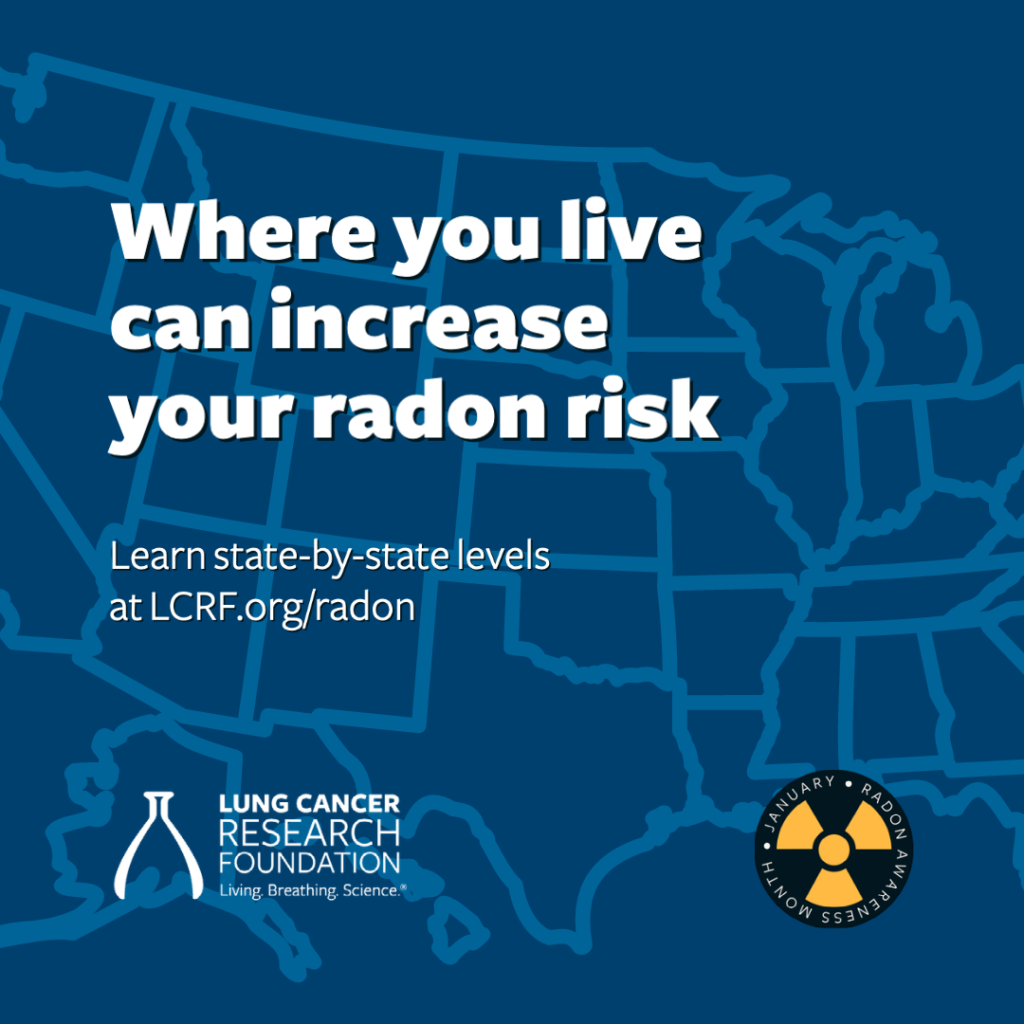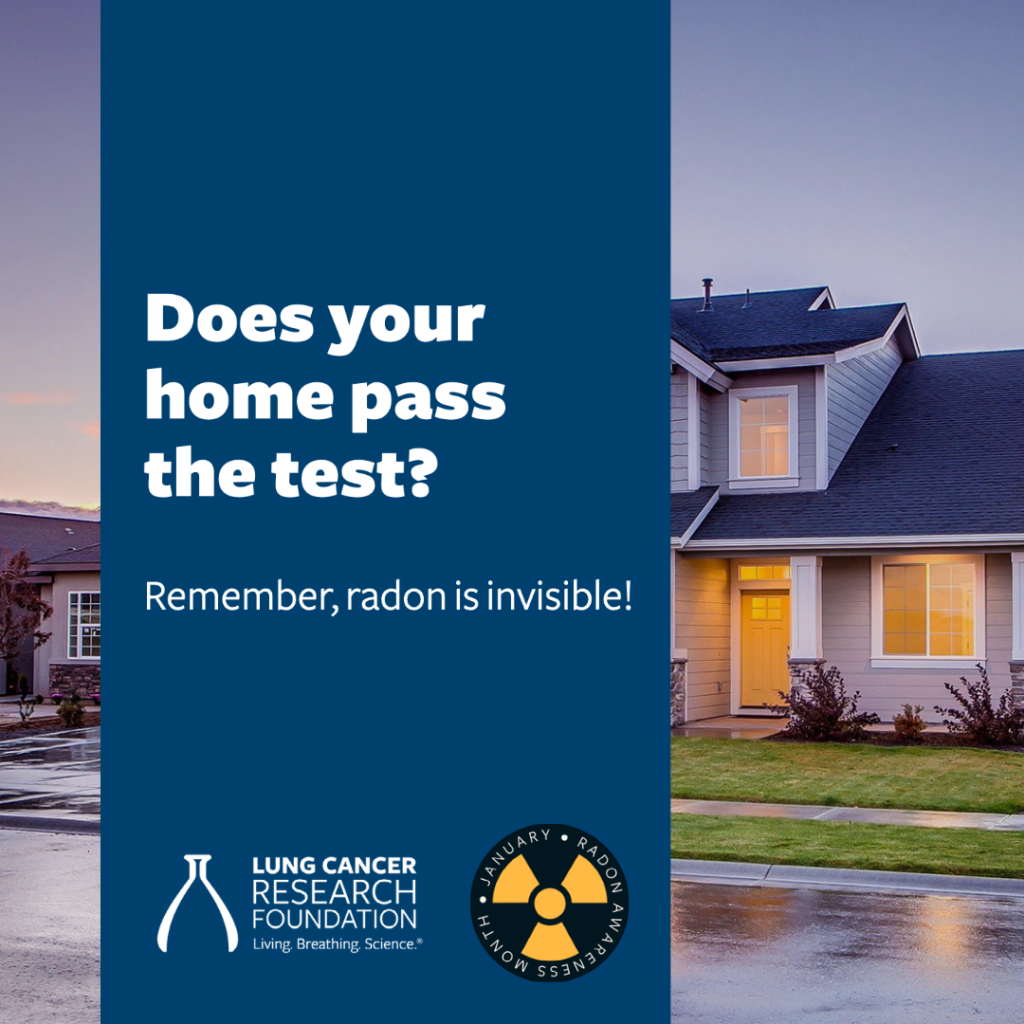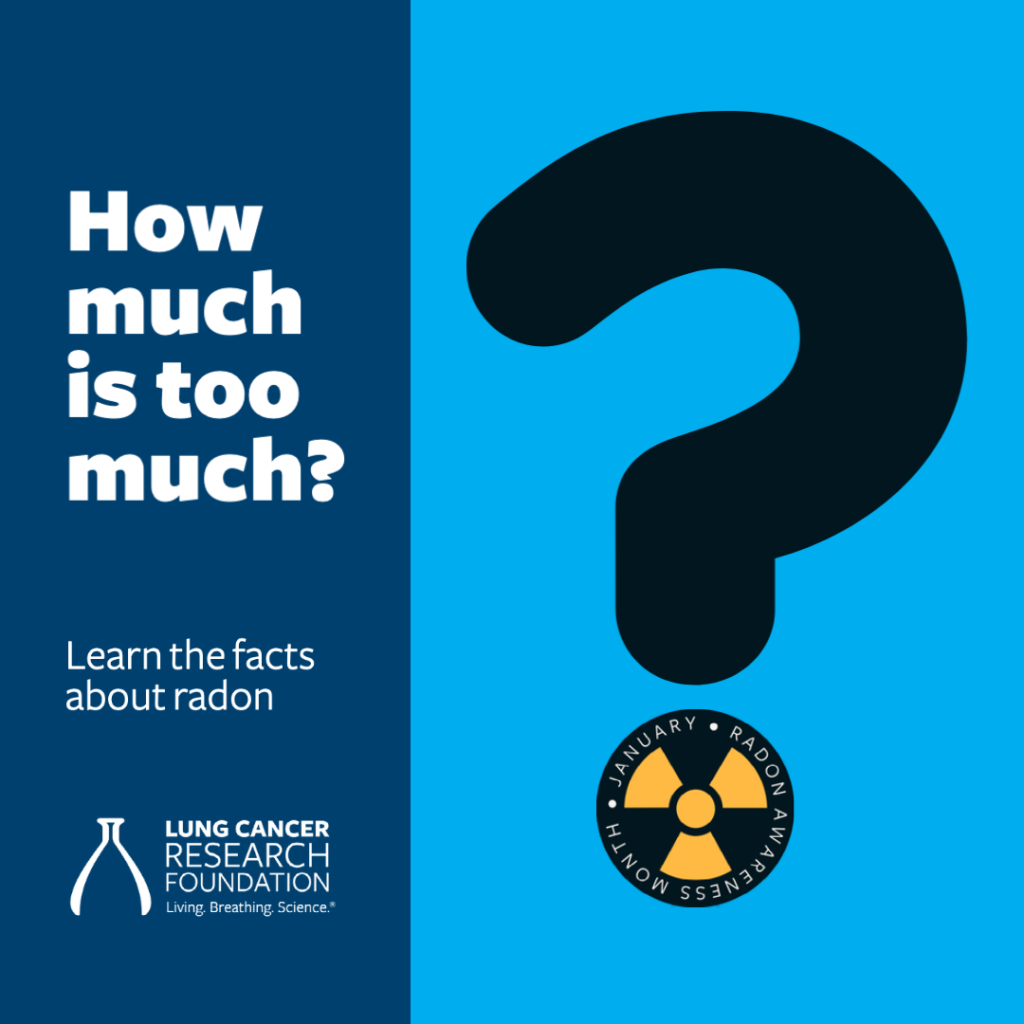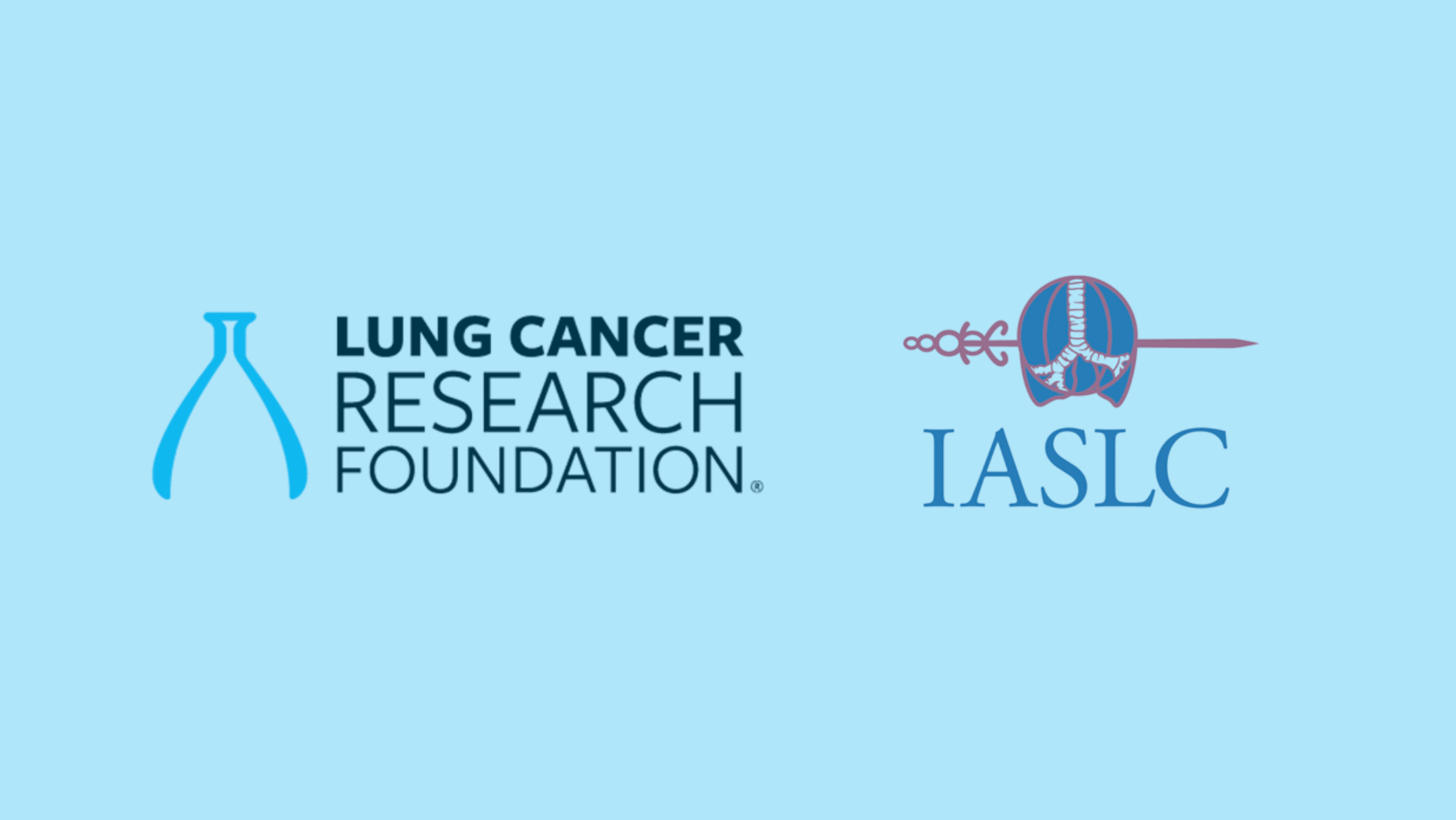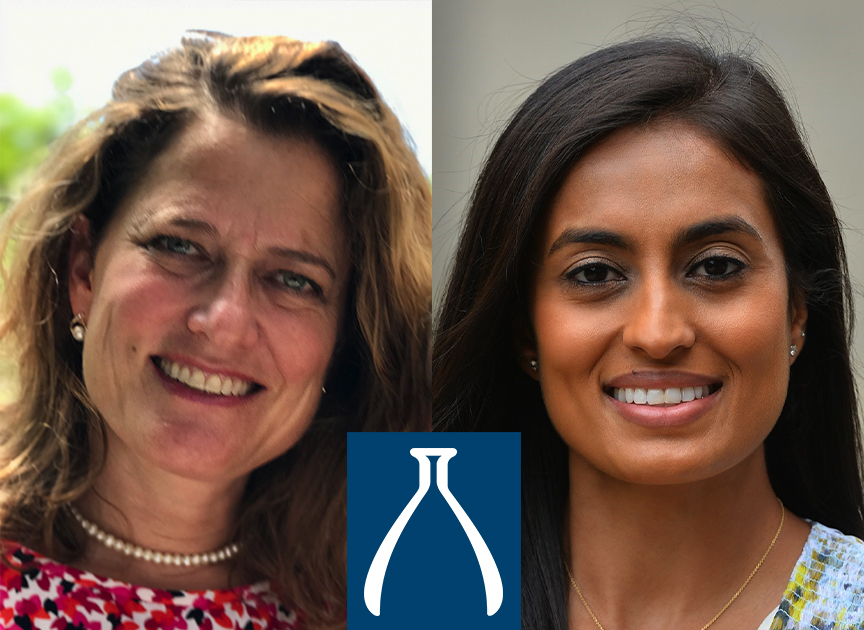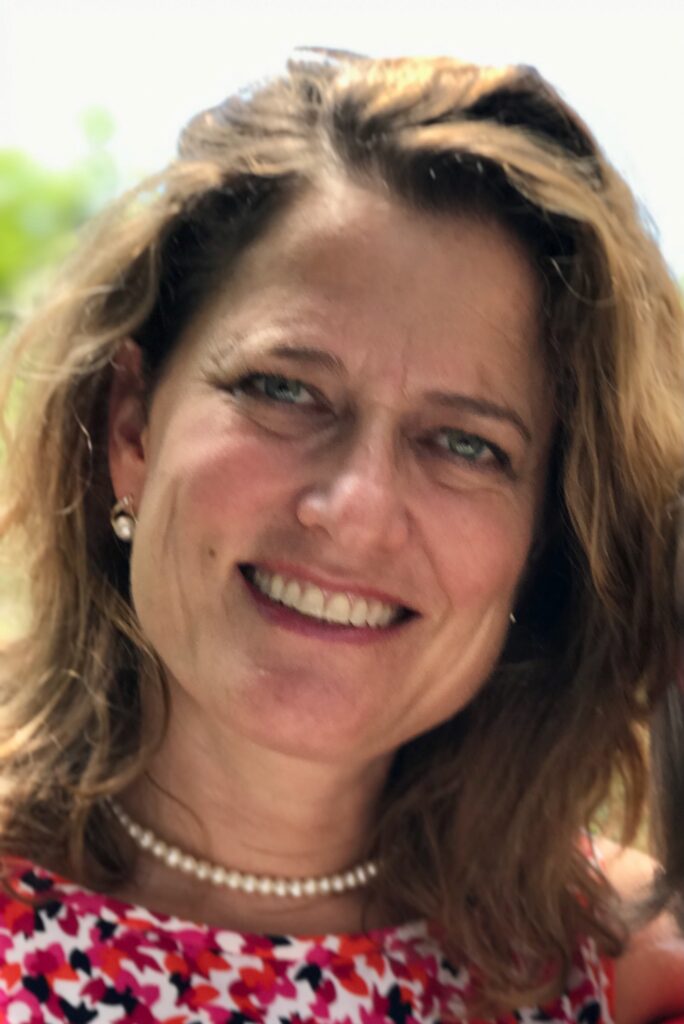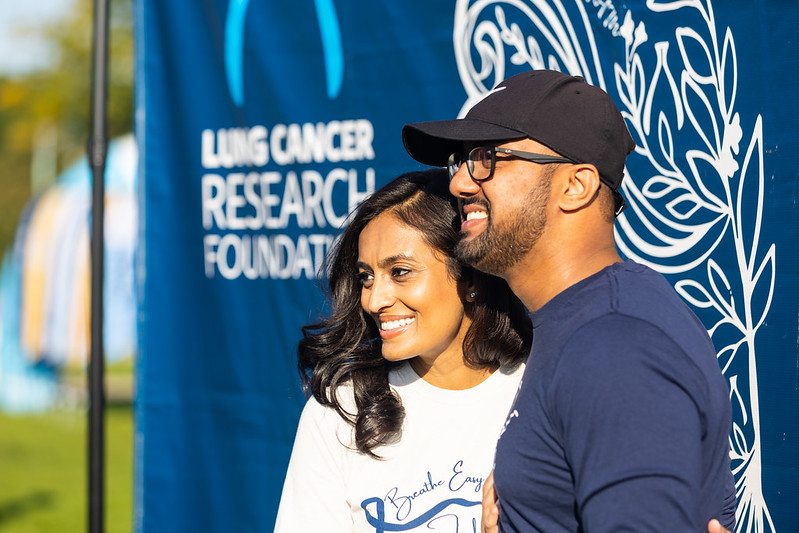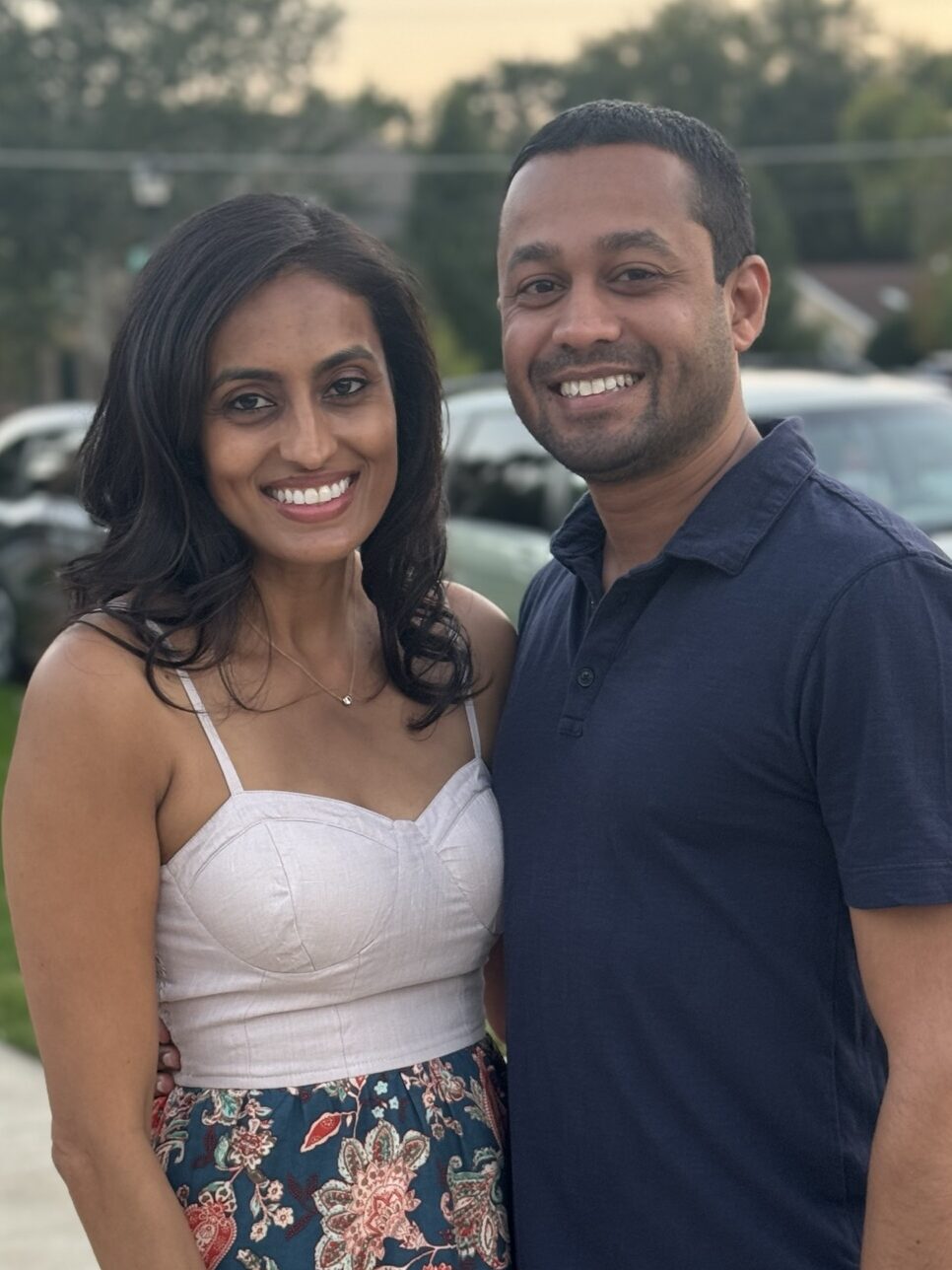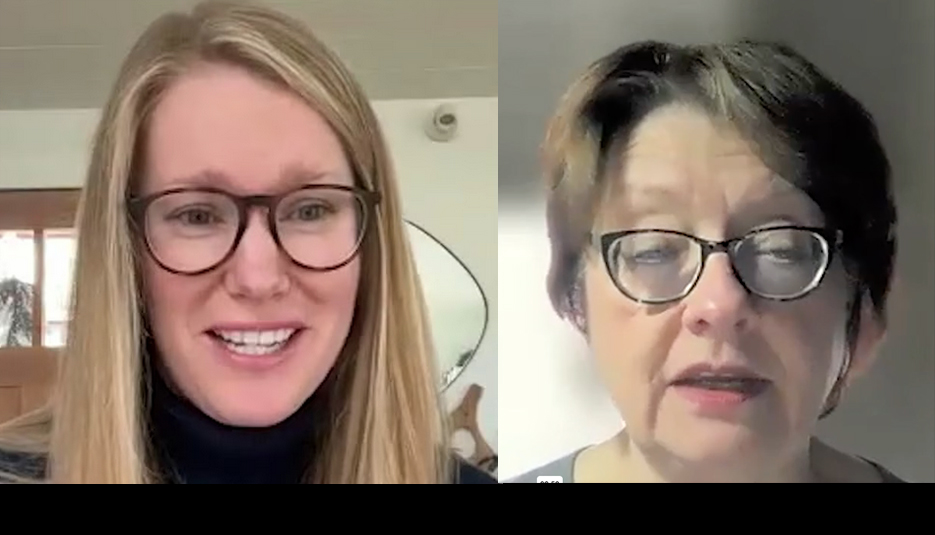Organizations team up to increase lung cancer screening through a student-led, community-based initiative
NEW YORK, NY (February 20, 2024) – The Lung Cancer Research Foundation (LCRF) and the American Lung Cancer Screening Initiative (ALCSI) are partnering to improve early detection of lung cancer through a campaign and associated research study titled “ALCSI-LCRF Plus One Campaign,” sponsored by AstraZeneca.
Lung cancer is the deadliest cancer in the United States, and in 2024, an estimated 125,070 Americans will die from lung cancer. Early detection of lung cancer through low-dose computed tomography (LDCT) screening is the most promising way to improve the survival of patients diagnosed with lung cancer. However, fewer than 5% of Americans eligible for screening are currently getting screened. A major barrier to improving the uptake of lung cancer screening in the United States is the low public awareness of lung cancer screening and the difficulty of reaching those individuals who currently qualify for lung cancer screening. Large-scale awareness campaigns that can effectively reach individuals who qualify for lung cancer screening and encourage them to get screened are urgently needed.
With the “Plus One” campaign, ALCSI will leverage its more than 50 chapters at universities across the United States to engage students in a grassroots effort to increase lung cancer screening awareness. The crux of the “Plus One” campaign is that the messaging will shift from directly asking people “Are you eligible for lung cancer screening?” to asking, instead, “Do you have a friend or loved one who is eligible for lung cancer screening?” (the “Plus One Message”). Through word-of-mouth and direct one-on-one conversations about lung cancer screening, the “Plus One” Campaign will apply a highly novel strategy to increase awareness of and use of lung cancer screening in the United States. The “Plus One” campaign will be implemented at up to 50 geographically diverse sites across the United States within the next three years.
As part of the execution of the “Plus One” campaign, ALCSI will develop the Lung Cancer Screening Referral Network (Referral Network), tracking the total number of people reached by the “Plus One” campaign, both to measure the effectiveness of the campaign and to further engage people in ALCSI’s activities. Additionally, at select sites, ALCSI will assess the number of people who undergo lung cancer screening before versus after the implementation of the Plus One Campaign to measure the impact of the campaign on increasing screening rates.
Leveraging its relationships with lung cancer community groups, research institutions and industry partners, along with its wide array of educational resources, LCRF will partner with ALCSI on funding support, project administration and reporting, program and education support, and campaign promotion and marketing.
“We are thrilled to be working with ALCSI on this very promising project,” says Aubrey Rhodes, Executive Director of LCRF. “Improving screening rates for lung cancer could save thousands of lives. Engaging students, who are passionate about improving screening rates by educating their communities on screening criteria, will certainly make a difference. We look forward to the potential impact this study will have on patient outcomes.”
“We believe that students have a unique opportunity to engage family members, friends, and colleagues in conversations about screening and early lung cancer detection. These conversations are a simple yet powerful strategy to motivate more high-risk individuals to get screened,” says Alexandra Potter, President of ALCSI. “We are grateful for the opportunity to partner with LCRF on the “Plus One” campaign and look forward to working together to increase awareness of lung cancer screening, improve screening rates, and ultimately, save lives.”
To learn more about the “Plus One” campaign, visit ALCSI.org/plus-one-campaign.
# # #
About the Lung Cancer Research Foundation (LCRF)
The Lung Cancer Research Foundation® (LCRF) is the leading nonprofit organization focused on funding innovative, high-reward research with the potential to extend survival and improve quality of life for people with lung cancer. LCRF’s mission is to improve lung cancer outcomes by funding research for the prevention, diagnosis, treatment, and cure of lung cancer. To date, LCRF has funded 416 research grants, totaling nearly $43 million, the highest amount provided by a nonprofit organization dedicated to funding lung cancer research. For more information about the LCRF grant program and funding opportunities, visit LCRF.org/research.
About the American Lung Cancer Screening Initiative (ALCSI)
The American Lung Cancer Screening Initiative (ALCSI) is a 501(c)3 non-profit working to increase awareness of lung cancer screening and help individuals at high risk for lung cancer get screened. The work of the American Lung Cancer Screening Initiative focuses on teaching communities and healthcare providers about the importance of the early detection of lung cancer through screening and working with leaders at the local, state, and national levels to increase awareness of and access to lung cancer screening. To learn more about the American Lung Cancer Screening Initiative and support the work they are doing, visit www.alcsi.org or follow them on Twitter @AmLungCSI, Facebook @americanlungcancerscreeninginitiative, or Instagram @amlungcsi. If you’re interested in working with the American Lung Cancer Screening Initiative to increase awareness of lung cancer and lung cancer screening in your community, email info@alcsi.org.
Contact:
LUNG CANCER RESEARCH FOUNDATION
Sheila Sullivan
Senior Director, Marketing & Communications
ssullivan@lcrf.org
AMERICAN LUNG CANCER SCREENING INITIATIVE
Alexandra Potter
President
info@alcsi.org
